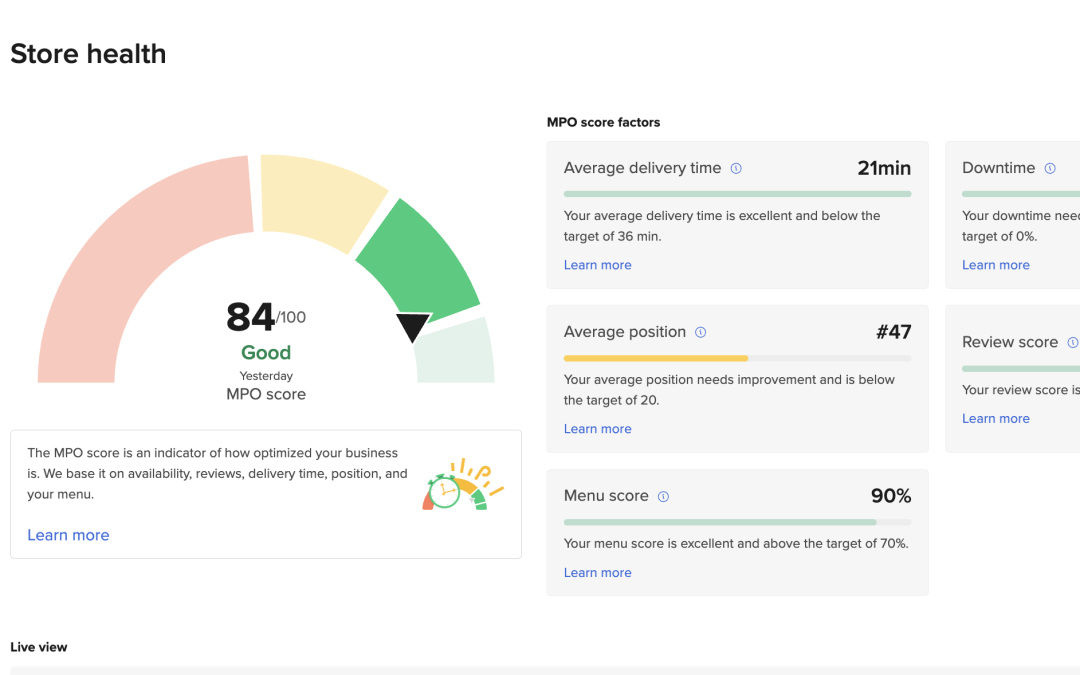
Zhong Xu, CEO of Deliverect
A couple months ago, Zhong Xu, CEO of Deliverect, a software company that streamlines order management by connecting point-of-sale systems to delivery apps, walked 10 kilometers of the Great Wall of China. He hasn’t stopped thinking about it.
“It was a reminder to me that good things don’t happen overnight,” he said in an interview.
Deliverect hasn’t grown overnight. It’s taken him six years to get it to the point it is today, with 50,000 restaurants on its roster and 600 million orders processed. He’s scaled carefully. But he knows restaurants don’t have the luxury of time. Unlike the Chinese builders, they don’t have 2,500 years to spend in their makeline. They don’t even have 2,500 seconds.
“You only have 17 minutes in the U.S. to grab the attention of customers,” Xu said. “That is all the time that a consumer spends to scroll through an app, find a restaurant, look at the menu, and order. If you’re a restaurant of any size you need to be ranked high on the marketplaces.”
Deliverect has a new tool called Pulse to help restaurants make their ascent. Pulse integrates with delivery providers like DoorDash and Uber Eats and gives intelligence on how well a restaurant is doing with order volume and marketing performance. It also lets operators peak on competitors and their optimization.
Xu has been around restaurants most of his life. His parents worked in restaurant tech. He grew up in the vernacular of kitchens. He’s also fluent in digital marketing. He knows that most operators would rather talk about hash browns than hash tags. Ask about their approach to Instagram Stories or TikTok and you might get a pan thrown at you. But they know they need to be on these platforms.
Pulse makes it easy for operators to glance at inputs as they’re juggling the day. Xu’s pitch is this: keep one eye on the kitchen, the other on delivery times, marketplace position, review scores, and more, all in one place. And if you need to make a quick pivot, Pulse can do it for you. He lays out an example.
“Say I want a customer in my neighborhood to order my burger. That customer may look on DoorDash, Uber Eats, Grubhub, for the restaurant that offers the cheapest price. We can help you look at what is five kilometers around you. What are the prices of your competitors? Can you be one or two cents cheaper? This can help you rank higher,” he said.
Little Caesars has been using Deliverect for two years. To a global company, every micro advantage can mean macro dough.
“As we continue to grow our presence around the globe, the ability to help our locations efficiently offer delivery services is paramount,” said Keith Faigin, global vice president, e-commerce and data analytics at Little Caesars, in a statement.
But Xu isn’t just gunning for the big chains. He maintains an affection for small operators who didn’t choose a life in food service to be an expert in SEO. To them, Deliverect aspires to be a tutor patiently going through algebra homework. If need be, the company will even do the formulas for them. In this case, ads.
“Ads can be complex. A restaurant might have six, seven, eight ads on Uber Eats, another 10 on DoorDash, and so on,” Xu said. “How can an operator keep them relevant? And affordable? Because competitors are buying the same ads. We can help you tweak them so they are cheaper and more efficient. We can help you win.”


